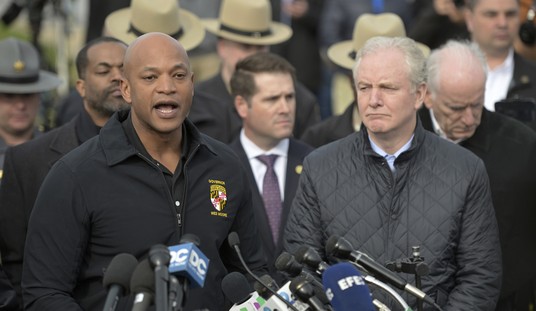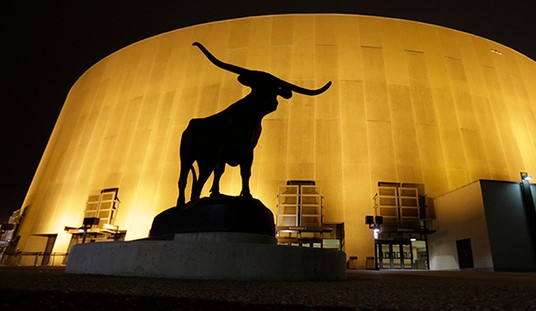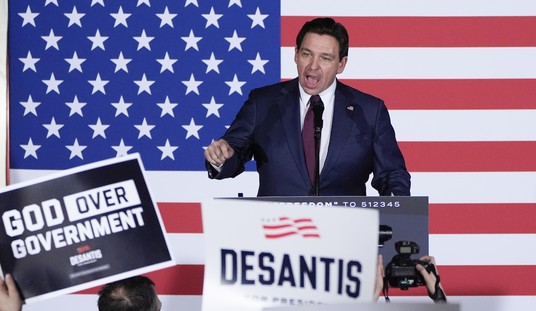“Whitmire is an angry man. He is among a group of voters most skeptical of President Obama: noncollege-educated white males. He feels betrayed — not just by Obama, who won his vote in 2008, but by the institutions that were supposed to protect him: his state, which laid off his wife; his government in Washington, which couldn’t rescue homeowners who had played by the rules; his bank, which failed to walk him through the correct paperwork or warn him about a potential mortgage hike; his city, which penalized him for somebody else’s error; and even his employer, a construction company he likes even though he got laid off. ‘I was middle class for 10 years, but it’s done,’ Whitmire says. ‘I’ve lost my home. I live in a trailer now because of a mortgage company and an incompetent government.’
“Whitmire is a story of Muncie, and Muncie is the story of America. In this place—dubbed ‘Middletown’ by early 20th-century sociologists—people have lost faith in their institutions. Government, politics, corporations, the media, organized religion, organized labor, banks, businesses, and other mainstays of a healthy society are failing. It’s not just that the institutions are corrupt or broken; those clichés oversimplify an existential problem: With few notable exceptions, the nation’s onetime social pillars are ill-equipped for the 21st century. Most critically, they are failing to adapt quickly enough for a population buffeted by wrenching economic, technological, and demographic change…
“When people trust their institutions, they’re better able to solve common problems. Research shows that school principals are much more likely to turn around struggling schools in places where people have a history of working together and getting involved in their children’s education. Communities bonded by friendships formed at church are more likely to vote, volunteer, and perform everyday good deeds like helping someone find a job. And governments find it easier to persuade the public to make sacrifices for the common good when people trust that their political leaders have the community’s best interests at heart. ‘Institutions — even dysfunctional ones — are why we don’t run amok in the woods,’ Hansen says.”
“People in politics talk about the right track/wrong track numbers as an indicator of public mood. This week Gallup had a poll showing only 24% of Americans feel we’re on the right track as a nation. That’s a historic low. Political professionals tend, understandably, to think it’s all about the economy — unemployment, foreclosures, we’re going in the wrong direction. I’ve long thought that public dissatisfaction is about more than the economy, that it’s also about our culture, or rather the flat, brute, highly sexualized thing we call our culture.
“Now I’d go a step beyond that. I think more and more people are worried about the American character — who we are and what kind of adults we are raising.
“Every story that has broken through the past few weeks has been about who we are as a people. And they are all disturbing…
“The leveling or deterioration of public behavior has got to be worrying people who have enough years on them to judge with some perspective.
“Something seems to be going terribly wrong.”
“[S]omething fundamental seems to have changed in the political marketplace. The winning strategy is no longer to be more moderate than your opponent, to offer a bigger tent. Instead, it is to be more zealous and committed to your party’s ideology…
“The irony is that the politicians who prevail in these gladiator contests inherit a system so bitter, so partisan and so ideologically polarized that they can’t accomplish anything. They know that they and their constituents would be better off if they cooperated and compromised more, but they just can’t. If they try, they face a serious risk of being run out of office, either in the next primary by someone who better appeals to the party’s political base, or in the general election by an opponent whose extremism has allowed him or her to energize the other side’s core voters.
“Politics has become a tragedy — a tragedy of the commons, that is. The individual pursuit of rational self-interest by parties and politicians, which in political and economic theory is supposed to generate the best outcome, has instead led to a cycle in which extremism, partisanship and stalemate all beget more of the same. We keep thinking it can’t continue like this, but it only gets worse…
“Arms races, free riding, tragedies of the commons — these failures in economic markets are well understood. The solutions usually involve some form of government action or regulation. But when similar failures occur in political markets, there are no institutions capable of stepping in and forcing the necessary collaboration or collective action.”
“‘There is a crisis of authority, and we’re not prepared to think about it in these terms,’ said Fukuyama. ‘When Americans think about the problem of government, it is always about constraining the government and limiting its scope.’ That dates back to our founding political culture. The rule of law, regular democratic rotations in power and human rights protections were all put in place to create obstacles to overbearing, overly centralized government. ‘But we forget,’ Fukuyama added, ‘that government was also created to act and make decisions.’…
“Indeed, America today increasingly looks like the society that the political scientist Mancur Olson wrote about in his 1982 classic ‘The Rise and Decline of Nations.’ He warned that when a country amasses too many highly focused special-interest lobbies — which have an inherent advantage over the broad majority, which is fixated on the well-being of the country as a whole — they can, like a multilimbed octopus, choke the life out of a political system, unless the majority truly mobilizes against them.
“To put it another way, says Fukuyama, America’s collection of minority special-interest groups is now bigger, more mobilized and richer than ever, while all the mechanisms to enforce the will of the majority are weaker than ever. The effect of this is either legislative paralysis or suboptimal, Rube Goldberg-esque, patched-together-compromises, often made in response to crises with no due diligence. That is our vetocracy.”
“There is a certain malaise lingering in the air, and I can think of at least two possible contributing factors.
“On one hand (and liberals are sure to agree here) there is a downside to ‘creative destruction.’ It is good, of course, that the automobile replaced the horse and buggy, but surely some Americans were hurt in the process. To be sure, it would have been silly for the nation not to adapt to modern technology, but that doesn’t mean some people weren’t left behind. Times of economic change and technological advancement are sure to create stress and dislocation. That’s part of what we’re going through today…
“As you might have guessed, I’m arguing that there is a politically underrepresented ‘populist’ constituency in America. Demographically, they are noncollege-educated whites. Philosophically, they are generally Christian conservatives who are also skeptical of big business. They are pro-gun and pro-union. They are pro-life and pro-tariff. They believe in God and government…
“So far, this group has not equaled electoral success. That might change, though, if times get even tougher.”
Via Gallup.









Join the conversation as a VIP Member